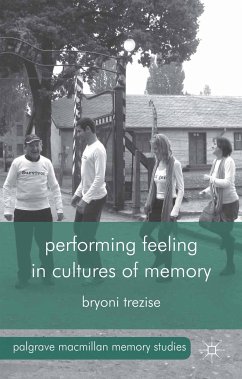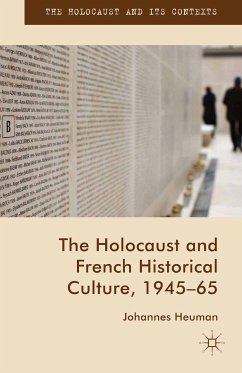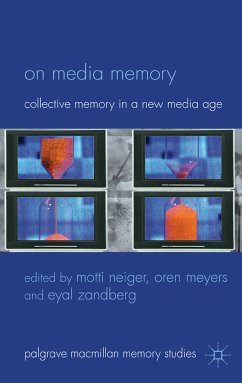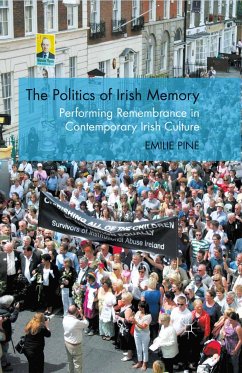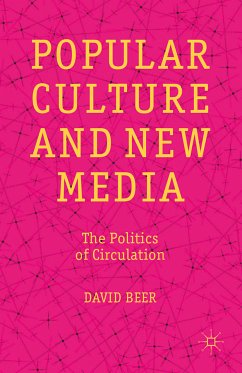
Mediation at the Holocaust Memorial in Berlin (eBook, PDF)
Versandkostenfrei!
Sofort per Download lieferbar
40,95 €
inkl. MwSt.
Weitere Ausgaben:

PAYBACK Punkte
20 °P sammeln!
Analyzing action at the Holocaust memorial in Berlin, this first ethnography of the site offers a fresh approach to studying the memorial and memory work as potential civic engagement of visitors with themselves and others rather than with history itself.
Dieser Download kann aus rechtlichen Gründen nur mit Rechnungsadresse in A, B, BG, CY, CZ, D, DK, EW, E, FIN, F, GR, HR, H, IRL, I, LT, L, LR, M, NL, PL, P, R, S, SLO, SK ausgeliefert werden.




